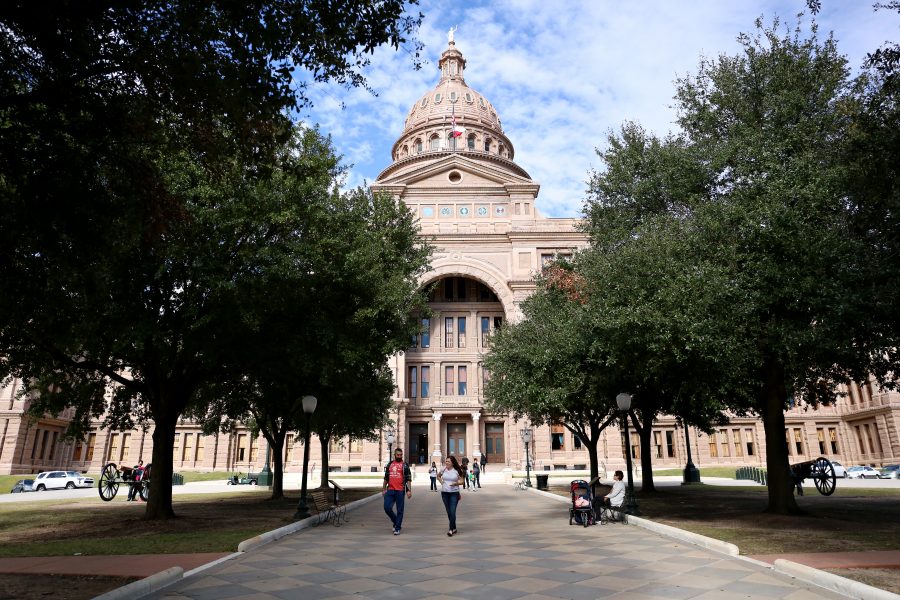The Texas Senate voted to place certain limits on Texas public universities’ tuition rates Thursday.
The bill, authored by Sen. Kel Seliger (R-Amarillo), would set certain “performance measures” that public universities must meet to raise tuition. These measures range from four-year graduation rates and the number of undergraduate degrees granted to the number of hours taught by tenured faculty and administrative costs.
The bill limits tuition increases to 1 percent over the cost of inflation until 2018. After 2018, universities could raise their tuition by 3 percent, if they meet the performance measures set in the bill. Sen. Charles Schwertner (R-Georgetown) added these regulations to the bill in an amendment.
Seliger said the bill is intended to hold universities accountable for proposed tuition increases.
“[The bill] brings together the concepts of accountability and tuition by requiring institutions to prove performance if they wish to increase the costs,” Seliger said.
In 2003, the Texas Legislature deregulated tuition costs and granted universities’ governing boards, such as the Board of Regents, control of tuition rates. Since then, tuition has increased across the state.
Tuition at UT has risen from about $2,721 to $4,905 a semester since deregulation, although it has remained relatively constant for the past several years. Tuition for next school year is set at the same $4,905 for traditional, or non-fixed, in-state tuition.
University officials have voiced opposition to state tuition regulation.
Incoming president Gregory Fenves said he thinks the Board of Regents is the best determiner of tuition rates at UT.
“I think the University [and] the Board of Regents working as a public agency has the knowledge and the availability to set the right tuition level to provide the revenue to the University for a quality education,” Fenves said. “I think that’s the governance structure that will get the best outcome — balancing the public purpose of the University and the needs of the University to provide a quality education.”
John Brown, co-director of the Invest in Texas campaign, a nonpartisan lobbying effort made up of governing student bodies, said he was surprised a tuition regulation bill passed in the Senate. He said Invest in Texas and SG members plan to meet with representatives about the policy.
“The whole sentiment is that college costs are just skyrocketing, so the Legislature response is, ‘Well, let us have that, and we’ll cut everything down and make your degree nothing,’” Brown said. “Well, when you cut tuition down, you forget that that’s your allotment — what the University spends on its operating budget.”





















